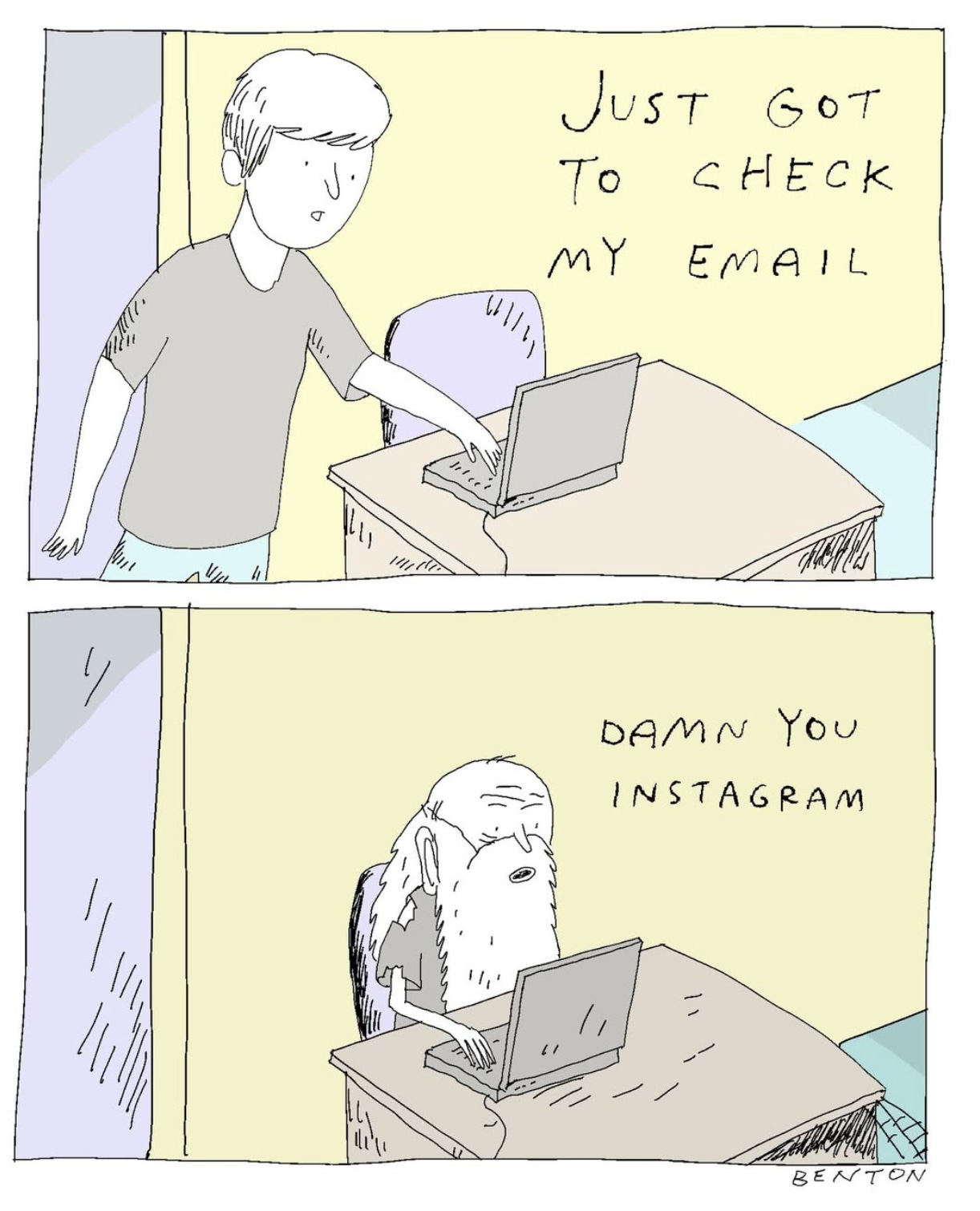New Science on Motivation
Latest research on motivation reveals what's been known for centuries.
POSITIVE AFFIRMATION
“If you’ve ever played the video game Mortal Kombat, then you know one of the things it’s famous for is the extremely gruelsome method in which you dispatch your enemy, prompted by the phrase, “FINISH HIM.”
Today I’m not gonna be that gruelsome, but I will finish things.”
- Johnny T. Nguyen
Last week, I had some seriously low motivation. Not sure what happened. I did all the same things - great morning routine, my workflow was on point, and no distractions on the home front. And yet, I’d get to my desk and just… feel low motivation.
Since then, I’m back to my normal form, and I’ll detail what worked for me, but that led me to be curious about any new revelations about motivation.
Science of Mood
Circadian rhythm, peak periods of energy, getting enough sleep - we all know these must be factored into our workflow.
In this March 2025 research paper, Day-to-day fluctuations in motivation drive effort-based decision-making, involving 155 people for over a week, it examined the effect of mood on decision-making.
Here are 4 takeaways:
People are more motivated if they’re happy and have had a good night’s sleep, and are not feeling fatigued.
People are significantly more motivated towards the end of the week (no duh!).
People motivated in the morning can typically maintain motivation throughout the day.
People motivated, “rely less on how they feel in the moment and draw on motivational resources in reserve, allowing them to keep going even when they do not feel like it.”
Not the most surprising, and a great reminder on the importance of motivation, but it doesn’t address what to do if you’re already low in motivation, only the repercussions of low motivation on decision-making.
AI Effect on Motivation
In this April 2025 study, Human-generative AI collaboration enhances task performance but undermines humans’ intrinsic motivation, it involved over 3,500 participants and found:
“results highlight the complex dual effects of human-GenAI collaboration: It enhances immediate task performance but can undermine long-term psychological experiences of human workers.” - Nature
In other words, if you use AI a lot, it could lead to low motivation when you’re not using it. Apparently it’s hard to go back to just what’s inside your brain after having the entire internet as your companion.
Exercises
Confirmed in this 2021 Effectiveness of self-compassion-related interventions for reducing self-criticism: A systematic review and meta-analysis, being kind to yourself when feeling low motivation is the correct way to handle it.
“Meta-analysis findings indicated that self-compassion-related interventions produce a significant, medium reduction in self-criticism in comparison with control groups”
Effectiveness of self-compassion-related interventions for reducing self-criticism: A systematic review and meta-analysis
Here’s a LONG list of the various compassion exercises used. Make a note or refer back to this article the next time you’re feeling down and give one of them a try.
Loving Kindness Meditation (LKM) - #1 method
Mindfulness
Compassionate imagery - For me, a picture of Captain Picard.
Letter writing
Two-chair/three-chair work
Reconnecting with values
Self-forgiveness
Soothing rhythm breathing
Compassion meditations
Letting go of painful memory letters
Self-compassionate mirror - Go buy a mirror that you always look good in, haha.
Compassionate friend
Appreciation
Thought records
Friendly facial expression - Smile more?
Values and committed action
Acceptance work
Cognitive diffusion - Not sure what this means, confuse yourself enough that you forget what’s going on?
Urge surfing
Safe place - Starbucks!
Gratitude
Self-criticism thought diary
Ideal compassionate self
I find it interesting that a lot of the compassionate exercises pull from Buddhist teachings, including this explanation that self-compassion is made up of three components:
mindfulness, rather than over-identifying with difficulties;
connection with others, rather than isolating oneself;
and self-kindness, rather than being self-judgmental
Zooming back to my original predicament of low motivation, perhaps I was over identifying with current challenges (could be very true - mandate to return-to-the-office, etc.), isolation (could be true - i spend most of my day in a office on video calls), and self judgemental (could be true - guilt that i could be doing more).
Positive Affirmations
So, how did I break out of the funk? For my specific bout, the power of daily positive present-oriented affirmations helped signifanctly. Geez, that’s a mouthful. Let’s break it down into it’s components.
Daily - Each day in the morning, set the tone.
Positive - Phrase it in the positive, i.e., don’t say “Don’t be impatient, Don’t be mean, etc.”
Present-Oriented - Choose something that can be true right now, not dependent on a future result.
Affirmation - A declaration of truth. Your truth.
Specifically, I think the daily positive present-oriented affirmation that really helped was just one word: finish.
It was Monday morning. I had just finished a Nike App workout, and the trainer’s pating advice was finished, which I took for my affirmation that morning. And throughout the day, I was focused on finishing tasks, both the hard ones and the quick ones. As I checked things off, it made me feel good and gave me added confidence for the next task. And just like that, the whimsical feeling of unmotivated transformed to motivation.
TAKEAWAY
Be kind and patient with yourself. Homo sapiens did not evolve to work specifically 5 days a week, from 8-5, year round. More likely, we evolved to be hunters and gatherers, which promotes daily motion, socialness, and pattern recognition. So, there’s no biology to hack in this modern work environment, rather, you need to find what works for you. Science will tell you what the Buddhists have taught for centuries - loving kindness.
DIG DEEPER
➩ Anxious Generation How the Great Rewiring of Childhood Is Causing an Epidemic of Mental Illness by Jonathan Haidt. This made it onto my reading list because (1) recommended by Obama, (2) I have two kids growing up, and (3) it’s confirmation bias.
➩ Present-Oriented Productivity
➩ One of my favorite scenes in Dune talking about mood.





